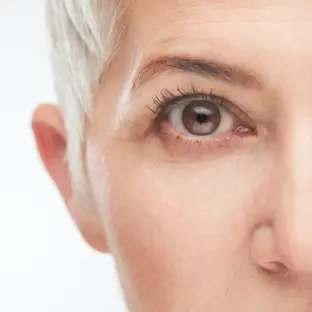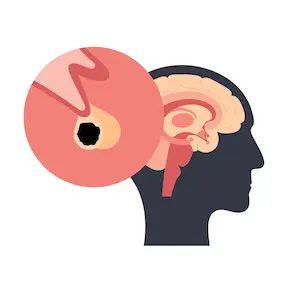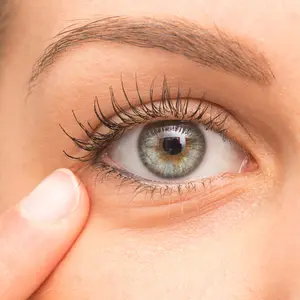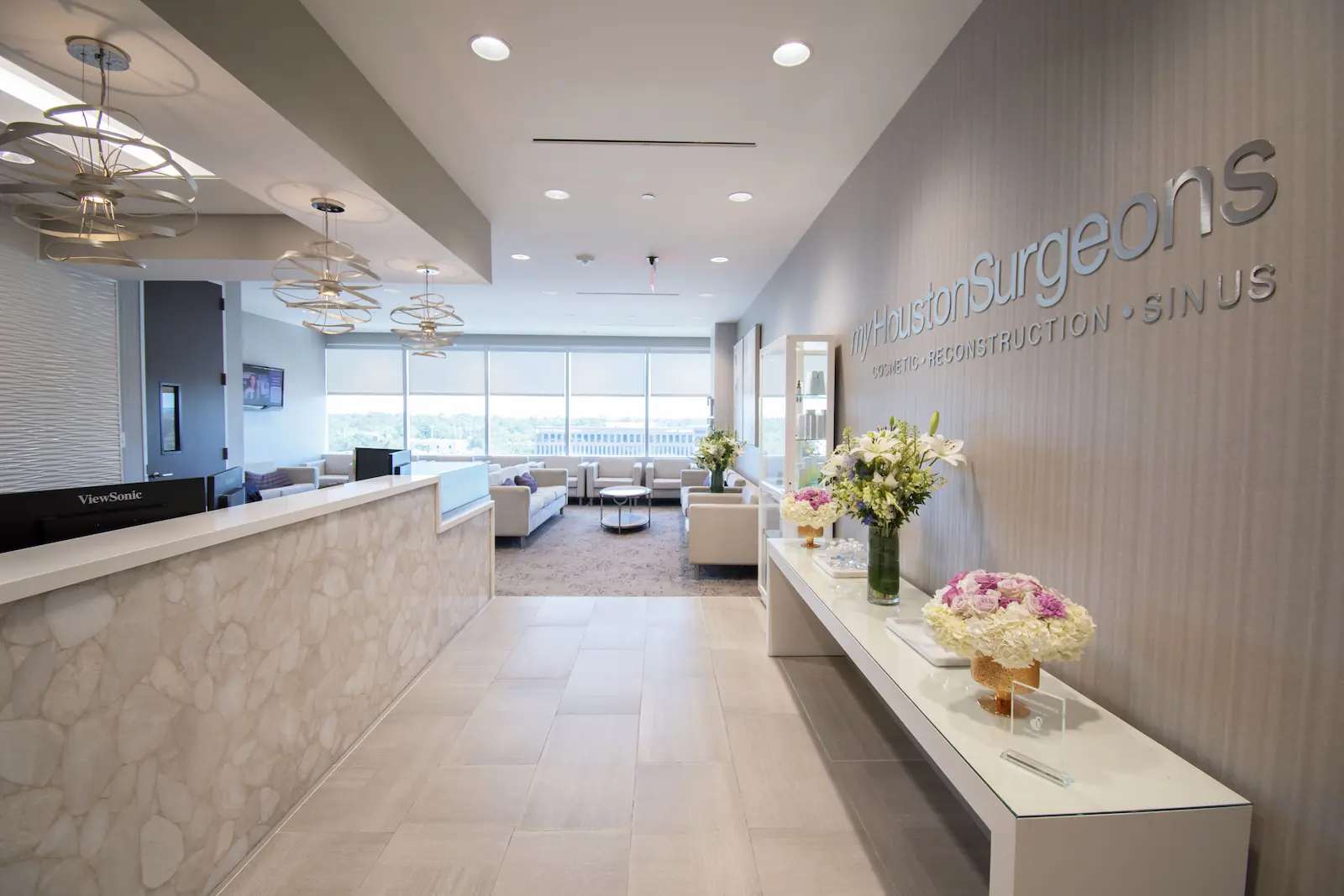Skull Base Surgery Procedures
Vidian Neurectomy
If you have chronic clear nasal drip and/or postnasal drip that has not responded to traditional nasal steroid sprays (flonase), or antihistamine sprays you may be a candidate for a vidian neurectomy.
Learn More

Cerebrospinal Fluid (CSF) Leak Repair
A CSF leak is more likely if the watery drip is of sudden onset after a traumatic injury to the head or after a nose or sinus surgery procedure. In some cases a CSF leak can develop slowly over time from increased intracranial pressure. If you have signs or symptoms of a Cerebrospinal fluid leak it can be repaired…
Learn More

Orbital Tumor Resection
If you have signs or symptoms of an orbital tumor it may need resection / removed and it is critical to consult a Rhinologist immediately for an accurate diagnosis and treatment plan. The initial evaluation will consist of an examination of the eye(s) and a nasal endoscopy (looking inside the nose with a small camera). Next, an MRI of the orbit is performed to determine if there is a tumor mass in the orbital cavity and exactly where it is located.
Learn More

Anterior Skull Base Tumor Resection
If you have signs or symptoms of a sinus or skull base tumor it is critical to consult a Rhinologist immediately for an accurate diagnosis of treatment plan and a possible anterior skull base resection. The initial evaluation will consist of a nasal endoscopy (looking inside the nose with a small camera) to determine if a sinus or skull base tumor is present.
Learn More

Pituitary Tumor Resection
If you have signs or symptoms of a pituitary tumor it is critical to consult a Rhinologist for an accurate diagnosis and treatment plan for a pituitary tumor resection. Dr. Kuperan’s super specialized expertise and experience as a Rhinologist will make sure you get the best treatment too quickly and safely remove your pituitary tumor.
Learn More

Medial Orbital Decompression
If you have signs or symptoms of orbital proptosis, it may need an medial orbital decompression. It is critical to consult a Rhinologist immediately for an accurate diagnosis and treatment plan. The initial evaluation will consist of an examination of the eye(s), laboratory testing for elevated thyroid hormone antibody levels, and a nasal endoscopy (looking inside the nose with a small camera).
Learn More

Dr. Arjuna Kuperan has either authored or reviewed and approved this content.
Page Updated:


